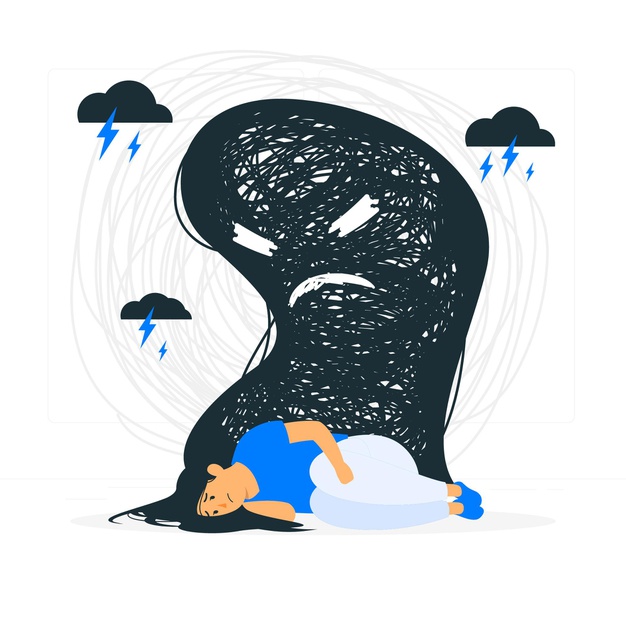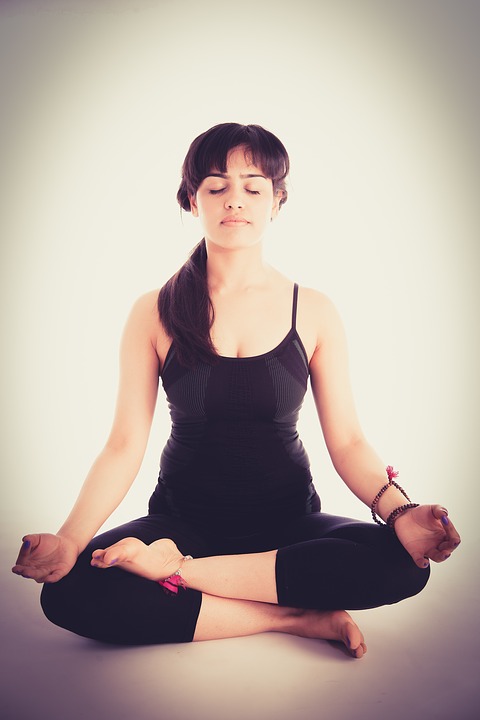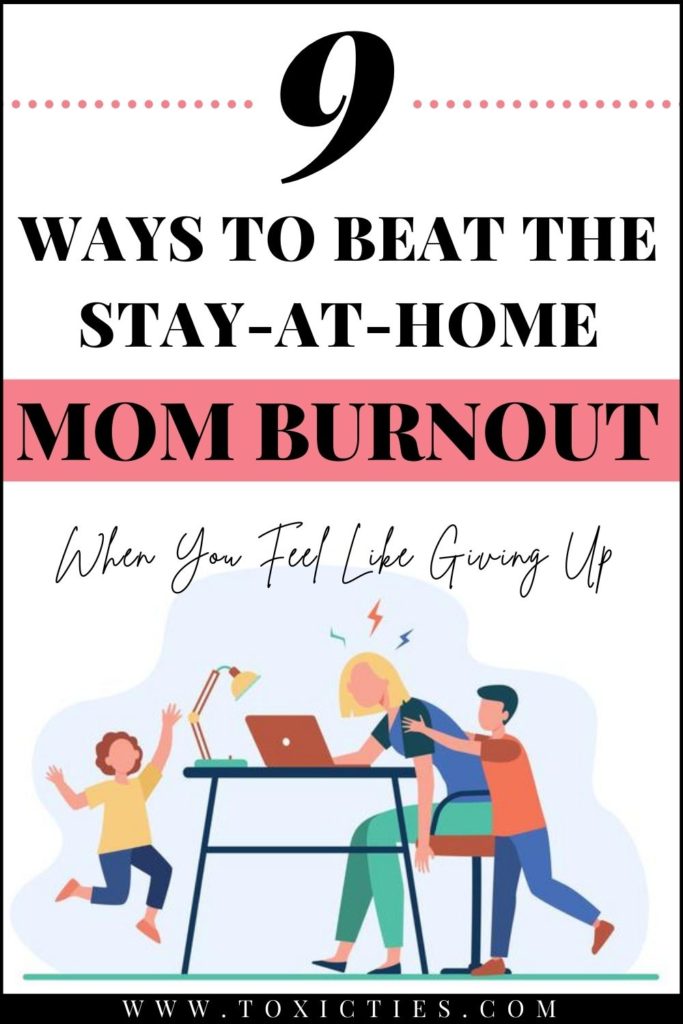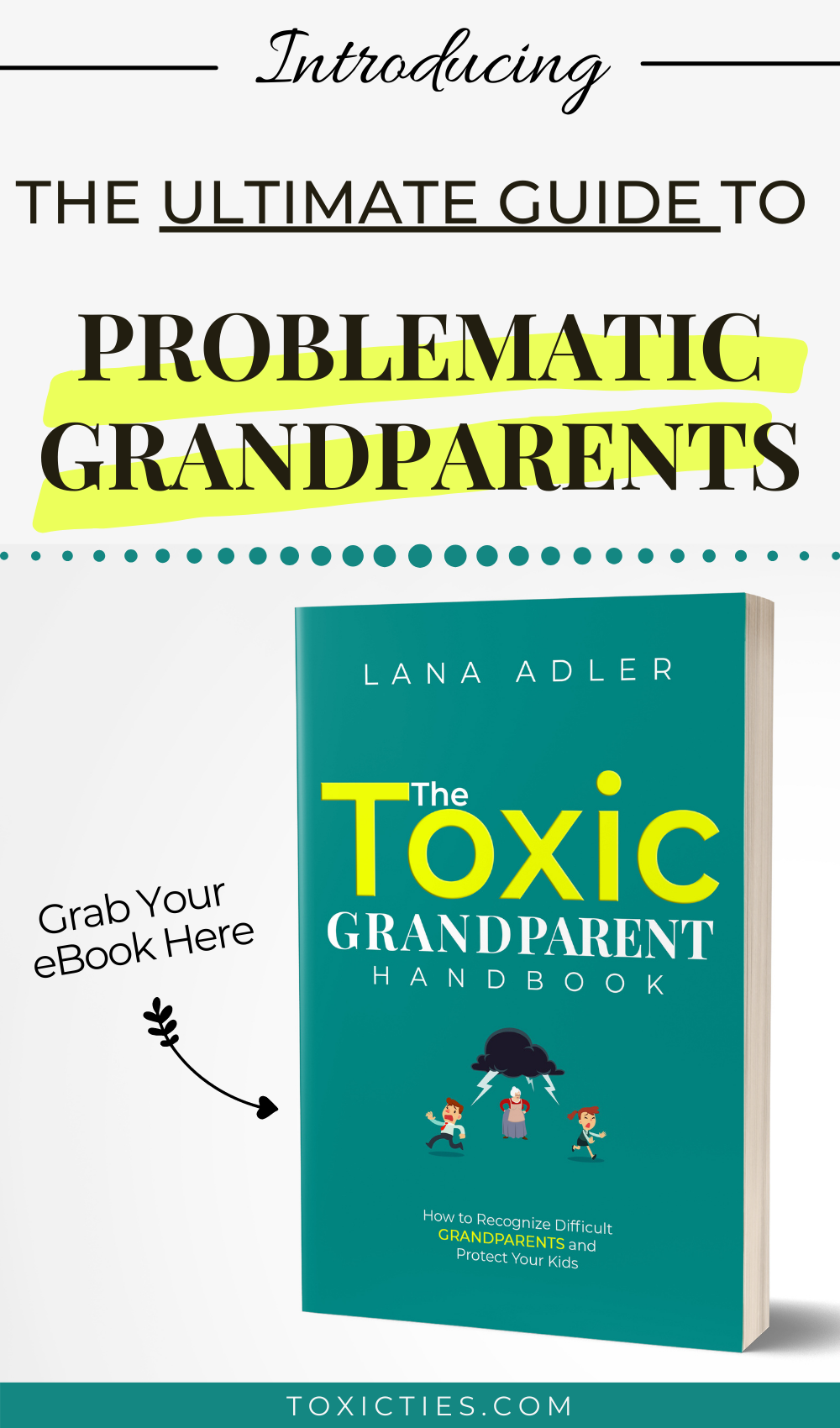Do you feel joyless, apathetic, and irritable? You might be experiencing emotional burnout, especially if you’re a stay-at-home or work-at-home mom.
I’ve been a work-at-home mom for almost 3 years now. I manage a blog and study for a doctorate, but most of my time is spent taking care of a small child.
I adore my daughter, and I’m grateful for the opportunity to spend so much time with her.
But there are days when I feel like I’m in survival mode. On those days I count the hours and minutes until bedtime. I feel exhausted and emotionally numb.
Or alternatively, I’m irritable and easily triggered. I find myself “checking out,” unable to concentrate, pay attention to my baby, or spend quality time with her.
And then there’s the guilt, my quiet companion.
That insidious mom guilt underlies every moment of every day.
I’m a bad parent. I’m doing everything wrong. A little more, and something’s gonna break.
Sounds familiar?

Emotional Burnout is Real
Whether you’re an exhausted parent, a caregiver for an elderly relative, or someone who’s stuck at home with a toxic person due to COVID, emotional burnout can happen, especially if you don’t devote much time to self-care.
We’re expected to be perfect moms and wives who can “do it all” — cook, clean, do laundry, take our kids to parks and swim classes, teach them songs and the alphabet, kiss their boo-boos, entertain them, and be ready to do it all over again tomorrow. And the next day. And the next day…In addition to all the other things on our to-do lists.
But behind our can-do attitudes and picture-perfect Instagram posts is a silent monster that sucks the joy out of motherhood.
What Emotional Burnout Feels Like
Emotional burnout kind of feels like depression.
You’re an emotional equivalent of a zombie.
You move through your day like through thick muddy water.
But you also fluctuate between apathy and reactivity. You can be in a deep “zero fucks” mood, then suddenly snap and yell at your child, only to trigger another round of mom guilt (as if you didn’t have enough of that already).
Sometimes you’ll decide to distract yourself with chores. You’ll run around doing your best “Supermom” impression. But that’s no more satisfying than running inside a hamster wheel. There’ll be more laundry and dirty dishes tomorrow…
So what can you do to prevent emotional burnout or stop it in its tracks?
Here are 9 coping strategies that can help you replenish your mental resources and avoid future stay-at-home mom burnout.
9 Tips to Recover From the Stay-at-Home Mom Burnout

1. Stop the negative self-talk
You know what I’m talking about.
I’m a bad mother. I’m not cut out for this. I can’t deal with this. She’s such a good mother, I can never be like her.
Anyone who has to go to the bathroom while someone is screaming and banging on the door deserves a fucking medal. There, I said it.
Being a mom is hard. Hell, being a person is hard. So stop with the self-deprecating bullshit.
2. Be honest about your needs
Be honest with yourself about your feelings, needs, and capabilities.
I know you want to do it all and not ask anyone for help. But that might be unrealistic, and a sure way to burn out.
Hire a nanny, give your kid to grandma or let daddy have some quality time with the offspring.
Turn off your phone. And give yourself permission to relax.

3. Keep calm and meditate
Yeah, I see you rolling your eyes. “Should I also do a rain dance under a full moon while burning sage?” That’s really up to you but meditation is a good start.
It’s very simple. Sit comfortably, turn your gaze inward and concentrate on your breathing. Whatever thoughts come, just observe them without judgment and let them go.
That’s it! Do it for 10-15 minutes every day and your cup will start getting fuller.

4. Read a book
It’s good to remind yourself from time to time that you are a complicated intelligent being, not just a butt-wiper. Though you’re a magnificent butt-wiper, I must say. Hemingway could never wipe a butt that clean.
Nonetheless, being stuck in the routine of doing the same menial tasks day after day is a major cause of emotional burnout, especially stay-at-home mom burnout.
Challenge your brain to keep learning, and you will find a much-needed refuge from your groundhog day. And from mom brain.
P.S. Parenting and work-related books don’t count.
5. Go off social media for a few days
Instagram, Facebook, Pinterest…we love it, but it can also be toxic.
And when you’re feeling low, the last thing you need to see is all the happy faces of your friends posting self-satisfied displays of their perfect lives.
You know it’s fake (everyone embellishes to seem happier, more successful, more interesting) but it still has an effect.
Stop playing the comparison game and have yourself some social media detox.

6. Ignore the toxic people
A difficult family member or an abusive partner can contribute to emotional burnout by putting additional stress on you. If given the opportunity, they will trigger the toxic cycle of guilt, shame, anger, self-doubt, etc., and send you into an emotional tailspin.
If you’re already dealing with stress and exhaustion, this can be the straw that breaks a camel’s back.
So set boundaries for these overbearing, abusive individuals, or stay away from them altogether. You know what’s best for you, so listen to your gut, and notice when you feel tired after spending time with someone.
7. Boost your energy naturally
When you’re exhausted and emotionally drained, you may have the urge to load up on carbs and comfort foods like pasta, pizza, baked sweets, etc.
But the energy spike these types of food provide is short-lived, and ultimately, they leave you feeling even more depleted.
The same goes for coffee and other caffeinated drinks.
Instead, try natural no-caffeine energy boosters like vitamin B-12, Chlorophyll, fresh fruits and veggies, exercise, etc.
8. Do a detox
The reason you may be feeling extra exhausted and sluggish lately may also be that your body is backed up with toxins.
Here are some of the signs and symptoms of toxic overload:
- chronic fatigue
- brain fog
- headaches
- sore joints and muscles
- weight gain and trouble losing weight
- sleep issues (insomnia, snoring, sleep apnea, sleep deprivation, being overactive at night, frequent wakeups, difficulty waking up, etc.)
- constipation
- gut issues (flatulence, irritable bowel syndrome, bloating, acid reflux, discomfort after eating, halitosis (bad breath))
- food sensitivities
- allergies
- hair loss
- painful periods
- excess mucus
- compromised immune system (frequent colds, chronic inflammation, etc.).
If you experience more than 5 of these symptoms, consider doing a full-body detox. Start with the colon cleanse, then go on to the next phase, which can be a heavy metal cleanse, a liver cleanse, or both.
The main rule of detoxing is to listen to your body.
This is a delicate process that requires patience, intuition, willpower, and self-motivation. It’s taken you decades to accumulate all these toxins so don’t expect to get rid of them all at once. This is going to take time, so go easy.
Start any new supplement or regimen slowly, monitor for adverse effects, and rest whenever you can.
9. Declutter
What does clutter have to do with emotional burnout? Surprisingly a lot.
Clutter has a distinctly draining effect. It makes it harder to breathe, think, and function. It also keeps you enslaved to things.
Here’s a method that I learned from a personal coach and used many times to clear out the physical, as well as the emotional debris.
Go into each room in your house and get rid of 30 things per room. It sounds like a lot but trust me, it’s not. It can be anything, even a paperclip!
Now, this is the important part: when you’re done collecting all the stuff, DUMP IT. Don’t take it to the garage, the attic, or your parents’ house. Get rid of it completely.
If you think that what you’re throwing away is in good condition, set it by the trash bins. Someone might want it. That’s what I do. There are a lot of homeless people where I live, so things like clothes, shoes, and blankets could be useful to people in need.
The main thing is, you have to let go of that old stagnant energy to turn a new page and feel whole again.

Here is a complete guide to decluttering, and why it can have such a powerful transformative effect on your life:
What do you do when you feel burnt out?






Leave a Reply